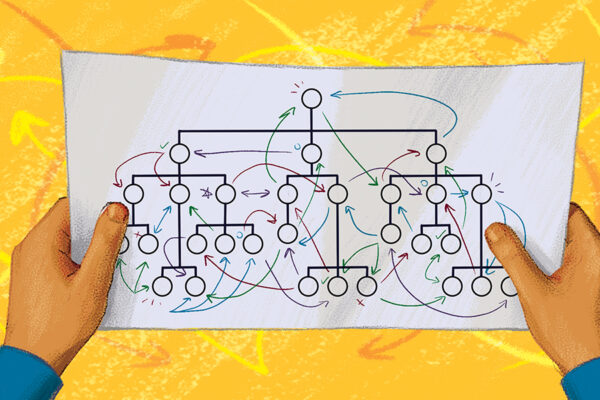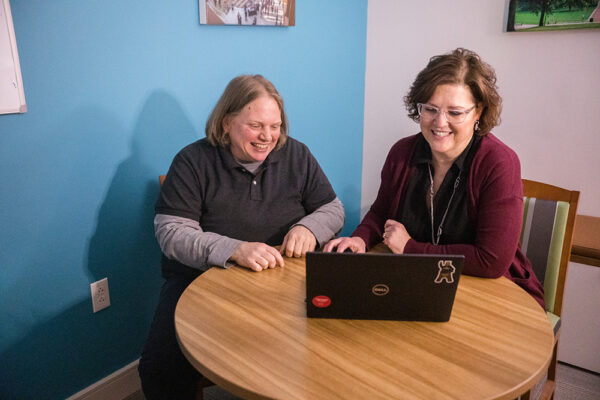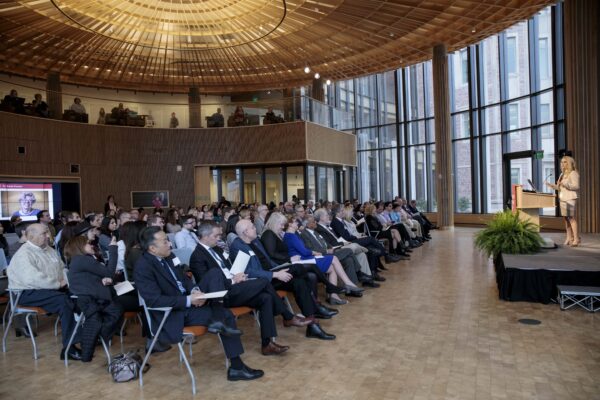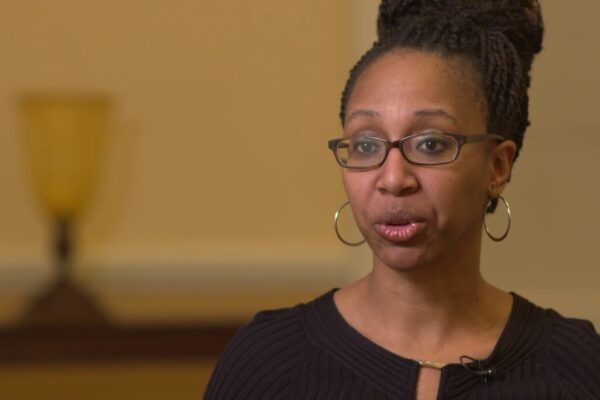Navigating office politics
Leadership, at its core, is about influence. In Olin Business School’s popular MBA elective “Power and Politics,” students learn how to navigate leadership positions, which necessitates building power and gaining influence in the workplace.
The business of beauty
Two WashU alums and one current student helped take a cosmetics startup from a dream to a reality.
New partnership streamlines hiring process for LaunchCode grads
Training, and retaining, tech talent is essential to St. Louis’ continued economic growth. A new partnership between Washington University in St. Louis and the nonprofit organization LaunchCode makes the transition from apprentice to full-time employee at the university easier for LaunchCode graduates.
Workplace theft is contagious (and strategic)
Three Olin Business School researchers completed a study of workplace theft among restaurant workers that details, for the first time, how such stealing is contagious — and new restaurant workers are particularly susceptible.
You’re so vain, you probably think this study’s about you
In a study co-authored by a Washington University in St. Louis business researcher, a survey that began with Generation X college students in 1992 and revisited when they were around age 41 finds that overall narcissism declined over time — as did the three narcissism components: vanity, leadership and entitlement.
Invite consumers to pop-up, and pop goes the spending — offline and online
Two Washington University in St. Louis researchers, along with a former fellow Olin Business School faculty member and Alibaba officials, flipped the pop-up business model, and possibly more. The co-authors found that inviting potential customers via text message could increase buying with both a pop-up shop retailer and similar product vendors online … for weeks and months to come.
Social Policy Institute launches at Washington University
The newly formed Social Policy Institute at Washington University in St. Louis will bring together the best research evidence from across disciplines to solve real-world challenges. The institute launches Sept. 24.
Dishonest acts hurt one’s ability to read others’ emotions
Dishonest deeds diminish a person’s ability to read others’ emotions, or “interpersonal cognition,” finds a new study from four researchers, including one from the Olin Business School at Washington University in St. Louis. Another finding: dishonesty breeds “a vicious cycle.”
Unraveling complicated issues of inequality in workplaces, communities
Adia Harvey Wingfield’s new book exposes how hospitals, clinics and other institutions participate in “racial outsourcing,” relying heavily on black doctors, nurses, technicians and physician assistants to do “equity work”— extra labor that makes organizations more accessible to communities of color.
Self-managed teams lead to much lower pay for women
Researchers from Olin Business School studied self-managed teams, and found that they tend to create pay inequality. Women “consistently receive bargaining outcomes below their productivity level, while men are consistently overcompensated,” the researchers wrote.
Older Stories









